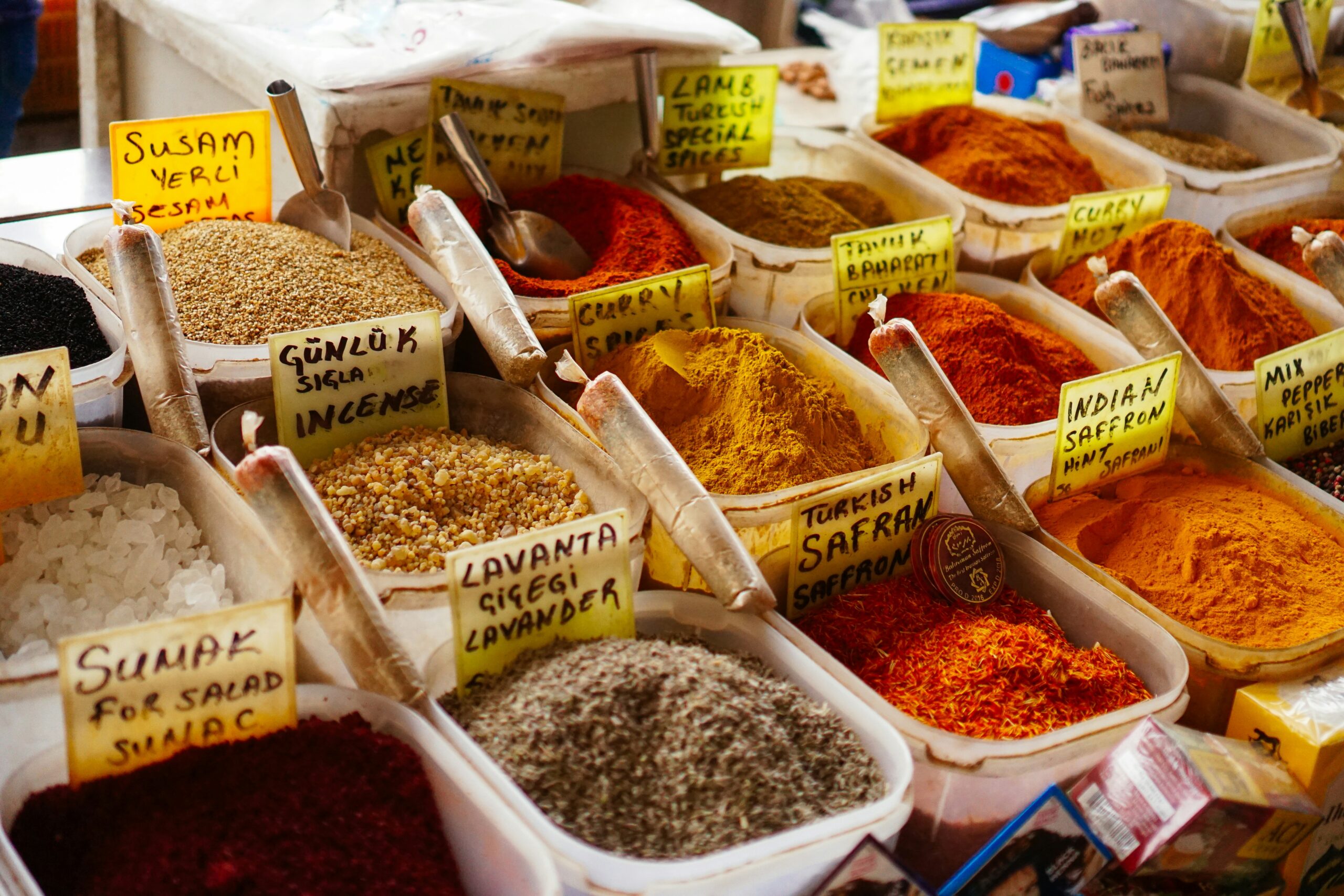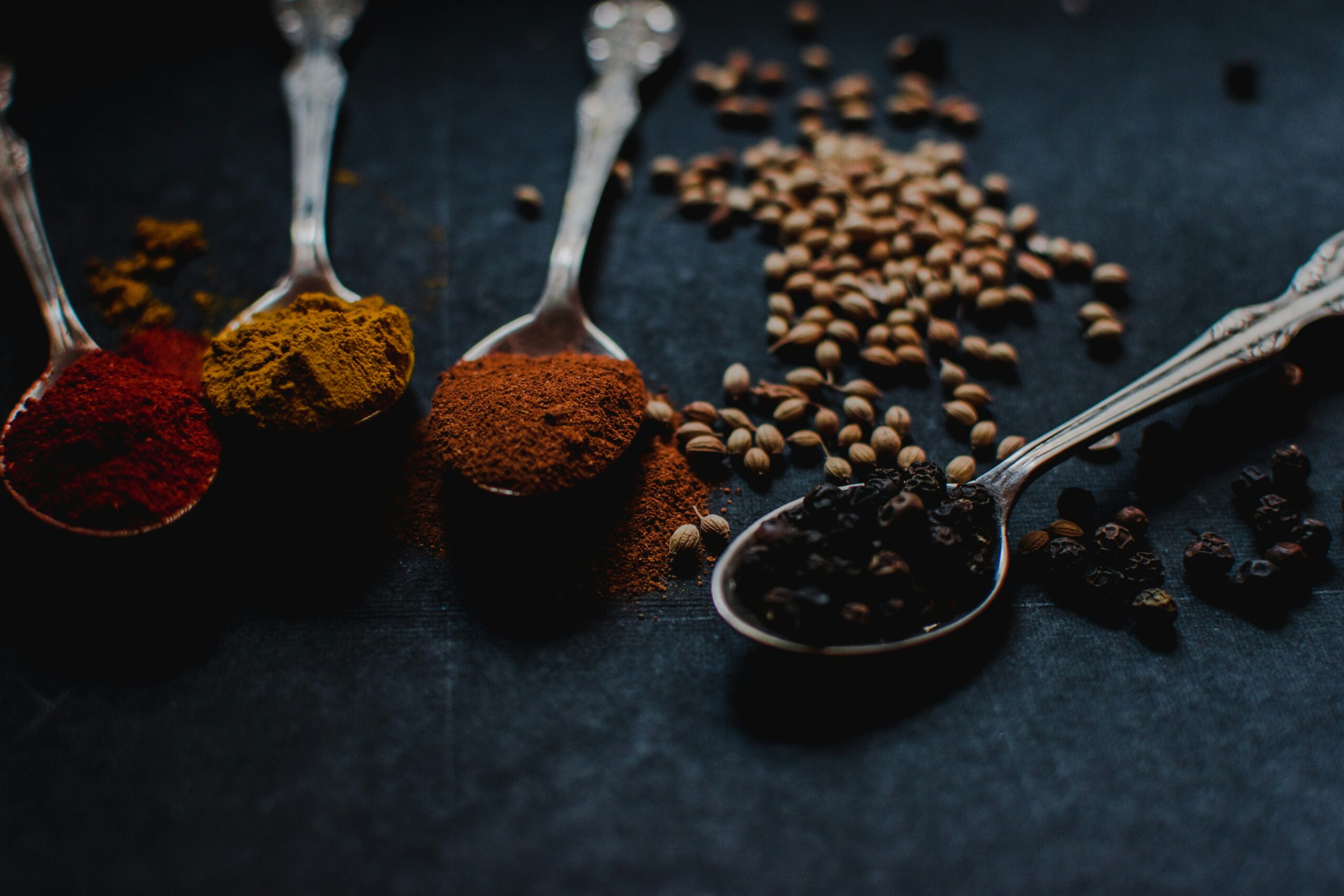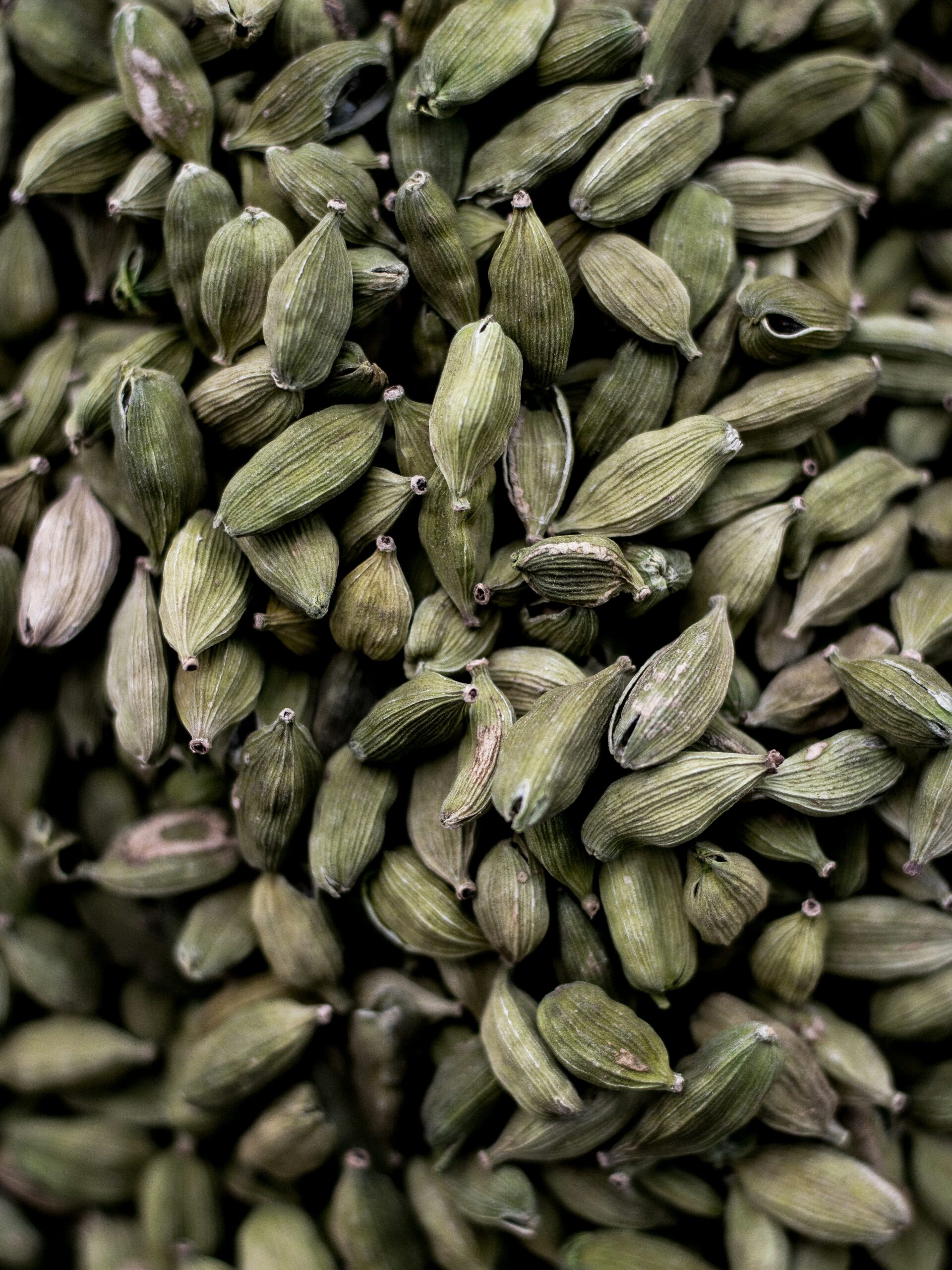Are you curious about whether there are any restrictions on seasoning and spices? It’s an intriguing topic considering how integral these ingredients are in our kitchens and cultures. Understanding the guidelines around their use can enhance your culinary experiences and health awareness. But are there specific limitations or considerations you should be aware of when using them? This article will explore this fascinating subject, ensuring you have a comprehensive understanding of the various aspects involved. Let’s embark on this flavorful journey together to unpack the intricacies surrounding seasonings and spices.

Understanding Seasonings and Spices
Before diving into any restrictions, it’s essential to establish what seasonings and spices are. These elements are fundamental to cooking, enhancing the flavor, aroma, and even texture of the dishes you love.
Definitions
- Seasonings usually include salt, pepper, herbs, and other ingredients that bring out the natural flavors of food.
- Spices, on the other hand, are aromatic substances obtained from bark, buds, seeds, roots, and other parts of plants used to flavor dishes.
Knowing the difference helps you appreciate how they individually impact recipes and which ones might be subject to regulatory guidelines.
Cultural Significance
Seasonings and spices not only enhance taste but also play a significant role in cultural traditions worldwide. Every culture has its unique blend of spices that defines its culinary identity. Interestingly, historical trading of these goods shaped global economies and cultural exchanges.
Regulatory Bodies and Guidelines
Considering their widespread use and cultural importance, you may wonder who regulates these ingredients. Various international and national agencies monitor the quality, safety, and trading of seasonings and spices to protect consumers.
International Regulations
Globally, regulatory organizations like the Codex Alimentarius, established by the Food and Agriculture Organization and the World Health Organization, provide guidelines that ensure the safety and quality of food products, including spices.
National Regulations
Each country has its own food safety authorities, like the FDA (Food and Drug Administration) in the United States or the FSSAI (Food Safety and Standards Authority of India) in India. These agencies establish standards concerning permissible levels of additives, contaminants, and overall safety measures.
Common Restrictions and Considerations
Knowing there are indeed restrictions, let’s break down what you should be mindful of when using seasonings and spices in your kitchen.
Additives and Preservatives
Some spices may contain additives or preservatives to prolong shelf life or enhance color. Regulatory bodies specify the permissible limits of these substances. It’s beneficial for you to read labels and ensure that any added ingredients align with your dietary preferences.
Contaminants and Safety Concerns
Spices can be susceptible to contamination by pesticides, heavy metals, or microbial pathogens during cultivation and processing. Regulatory measures are in place to minimize these risks, but as a consumer, choosing reputable brands and ensuring proper storage can mitigate your health risks.
Allergens
Spices like cumin, coriander, and paprika can trigger allergies in some individuals. While not as common as other food allergies, it’s still crucial for those with sensitive systems to be aware and test for any allergic reactions.
Restrictions on Specific Spices
Now that we know about general considerations, are there restrictions on certain spices? Let’s take a brief look at some spices that may have particular rules or considerations.
Saffron
Saffron is a highly prized spice known for its distinctive aroma and color. Due to its high cost, there are international concerns regarding adulteration. Regulatory bodies ensure that saffron meets purity standards to maintain its quality.
Nutmeg
In large quantities, nutmeg can have psychoactive effects, which is why moderation is key. Most recipes only require small amounts, and agencies monitor its potential risks to ensure public safety.
Cinnamon
Cinnamon contains coumarin, a compound that can be harmful in excessive amounts. While there is no need for alarm when you use it sparingly in cooking, it’s something to keep in mind, especially if you consume cinnamon in supplements.

Cultural and Religious Considerations
Beyond health and safety, there are cultural and religious factors that might influence your use of spices and seasonings.
Kosher and Halal Considerations
For those who observe Jewish or Islamic dietary laws, ensuring that spices are certified as kosher or halal is essential. These certifications guarantee that the products comply with specific guidelines, helping you adhere to your dietary restrictions.
Ayurvedic Practices
In Ayurveda, the ancient Indian system of medicine, spices are revered for their medicinal properties. Practitioners recommend specific spices for their therapeutic benefits, and these recommendations can influence your culinary choices, particularly if you follow this practice.
Storage and Shelf Life
Proper storage of spices and seasonings can significantly impact their quality and safety. Understanding how to store them allows you to maintain their potency and avoid spoilage.
Ideal Storage Conditions
To preserve freshness, it’s best to store spices in a cool, dry place away from direct sunlight and heat. Air-tight containers are ideal to prevent moisture and contamination. Knowing the best storage practices can help you ensure their longevity and potency.
Shelf Life Expectations
While most spices don’t spoil, they can lose their flavor over time. Ground spices typically last 2-3 years, while whole spices can last up to 4 years. Regularly checking potency ensures you get the desired impact in your cooking.

Sustainable Sourcing and Environmental Impact
Today, there’s a growing awareness of how our choices impact the environment, and spices are no exception.
Ethical Sourcing
Ethically sourced spices support fair trade practices, ensuring that the farmers and producers receive fair compensation while practicing sustainable agriculture.
Environmental Responsibility
When you choose spices, you can opt for organic and sustainably harvested products, which are kinder to the environment and often provide better health benefits due to fewer pesticides and chemicals.
The Future of Seasonings and Spices
Looking ahead, advancements in food science and technology will likely influence the way we produce, use, and understand spices.
Innovations in Spice Production
Science is constantly evolving, and researchers are exploring new ways to enhance the quality and safety of spices through better cultivation techniques, processing methods, and preservation techniques.
Trends and Developments
As global cuisine becomes more accessible, you may see a rise in fusion dishes, combining spices from different cultures, expanding your culinary landscape and offering new flavor experiences.
Conclusion
Through our exploration, it’s clear that while there are some restrictions and considerations regarding seasoning and spices, they are mostly in place to ensure quality, safety, and cultural appropriateness. By staying informed and mindful of guidelines, you can enjoy the rich flavors they bring to your meals without compromising safety or ethics. Embracing a diverse range of spices not only enriches your cooking but also connects you to the vast tapestry of global culinary traditions. Whether it’s a pinch of cinnamon or a fragrant whiff of cardamom, each spice has a story to tell and a flavor to savor.

